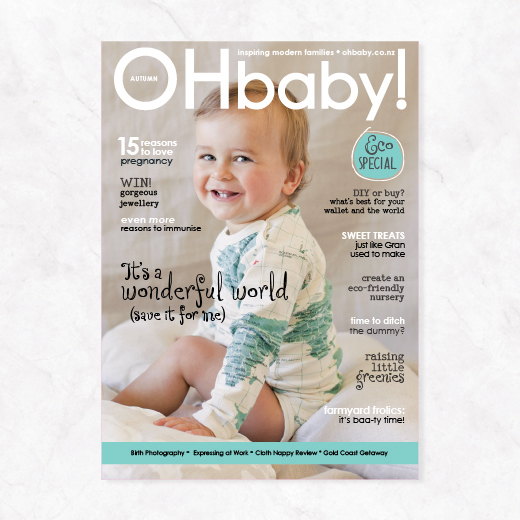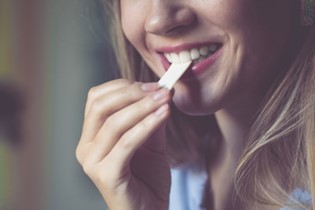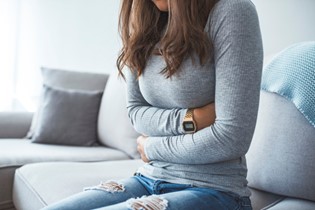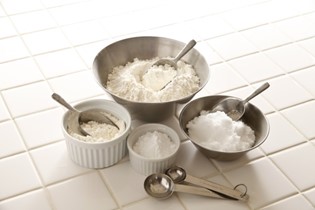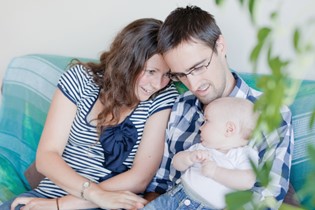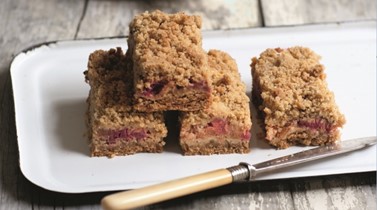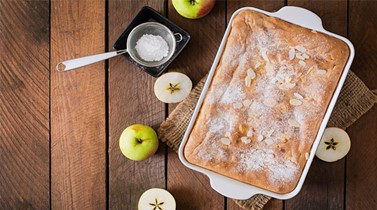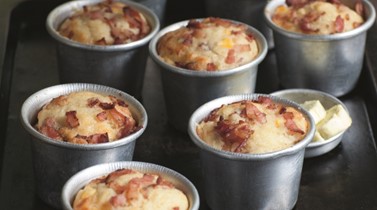Why chewing gum when pregnant can help your baby's teeth
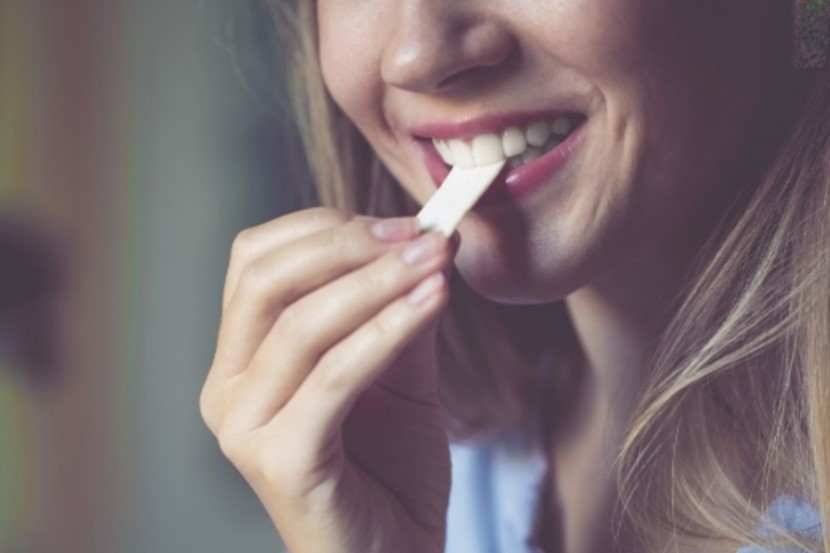
Your first line of defence against your child’s dental decay starts when you’re pregnant, writes dentist Andrea Shepperson
A 2009 study showed half of New Zealand children suffer from some level of tooth decay. Dental decay, however, is generally preventable and, as a mother, you can give your child the best start by taking some simple steps before and during your pregnancy.
Being born with “bad teeth” is a myth. Children are born free of decay and acquire it, in the first instance, when mothers transfer their own mouth bacteria (cariogenic bacteria in this case) to the child in infancy through food and loving contact. The bacteria colonise the child’s teeth as they emerge around six months and can start early childhood decay. A mother with a lot of decay increases the risk that her child will acquire the same damaging bacteria, leading to a childhood of decayed teeth.
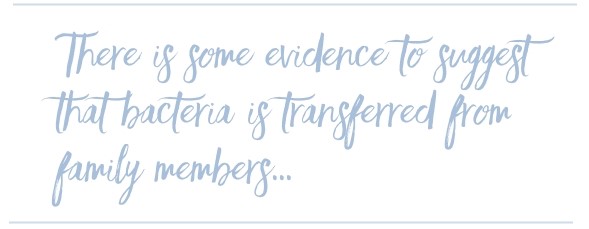
There is some evidence to suggest bacteria is transferred from other family members or caregivers. So all caregivers should be discouraged from sharing saliva or food with young children.
Some mothers are at higher risk of carrying cariogenic bacteria than others. By visiting a dentist before or during your pregnancy, any of this bacteria in your own mouth can be identified and treated. If you do have a higher risk of carrying bacteria, there are techniques to reduce the risk of transmitting bacteria to your child, thus reducing the risk of decay at a young age and ultimately improving the quality of life for your child.
The American Academy of Pediatrics recommends pregnant women chew gum containing xylitol, a sugar substitute made from birch trees. Xylitol interferes with the bacterial ability to stick to teeth and grow. Chewing gum with xylitol in pregnancy may also have a significant influence on the start of decay in infants.
Gum disease
But it’s not just tooth decay that is passed from mother to child due to oral heath issues. Increasing evidence links pre-term birth and underweight newborns to periodontal disease in susceptible mothers. Periodontal disease is a destructive form of gum disease that is linked to a genetic risk factor. The body responds to gum bacteria by attacking the supporting bone that hold teeth in place. The result is loss of bone over time, and loose teeth that may need to be extracted. The progression of periodontal disease is increased by smoking, diabetes, stress and pregnancy. The link between pregnancy and gum disease is still unclear but it seems to be a result of lowered immunity in some pregnant women.
Dental researchers have yet to find a cure for it, however regular visits to the dentist during pregnancy will help to reduce the risk of pre-term birth. One study showed that using an alcohol free mouthwash could also make a difference.
When it comes to teeth, morning sickness may have long-lasting effects. Gastric acid, produced by vomiting, has a very low pH which can easily dissolve the enamel off teeth. The result is unprotected, sensitive teeth that become yellow and uncomfortable.
Rinsing with water or a small amount of baking soda in water will help to neutralise the acid effect and protect teeth. Never brush your teeth straight after vomiting as the enamel is very soft and can be brushed away.
A low abrasion formula toothpaste is best to avoid scouring soft teeth.
When it comes to oral health, the old adage “healthy mother, healthy baby” has never rung more true. Like folic acid and a good diet, visiting an oral health professional before and during pregnancy will reduce the chance of oral health issues affecting your child’s future.
| Dr Andrea Shepperson is a dentist at Lumino City Dental in Auckland. She is a sought-after speaker and media representative in NZ, Australia and the US. |

AS FEATURED IN ISSUE 21 OF OHbaby! MAGAZINE. CHECK OUT OTHER ARTICLES IN THIS ISSUE BELOW
